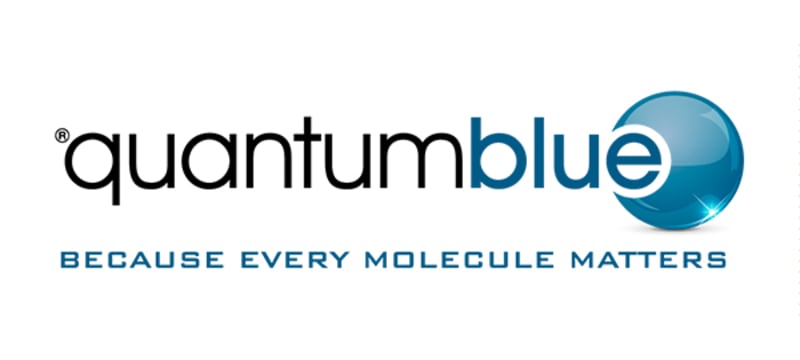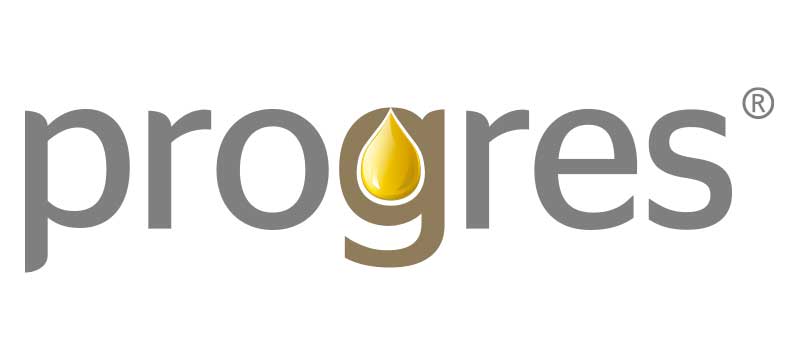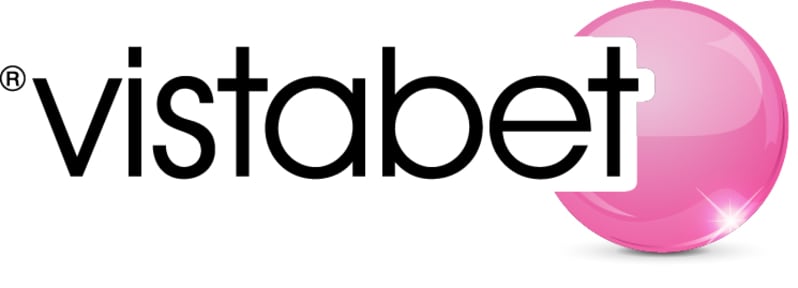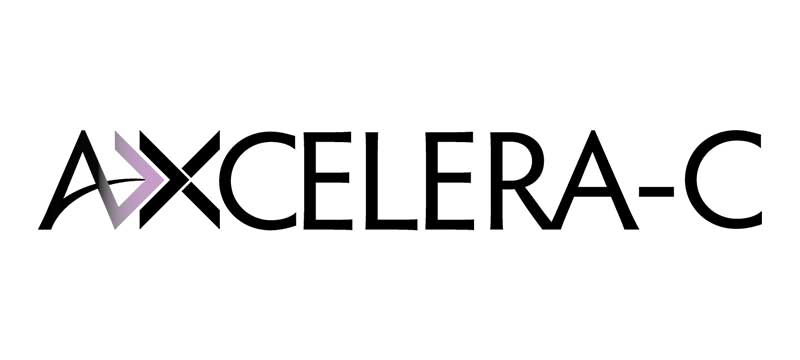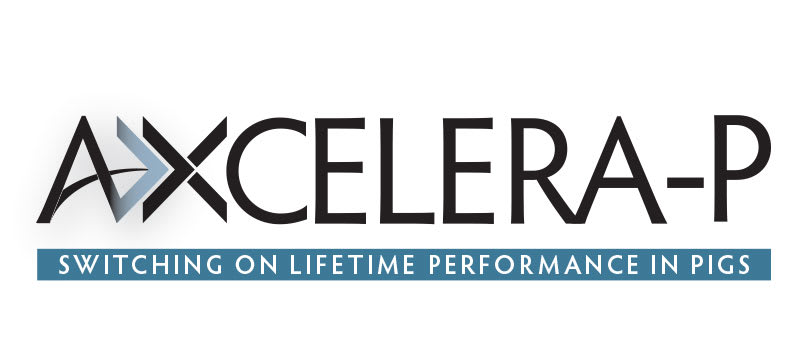Reducing feed costs in poultry production
Published Wednesday, 1st September 2021Producers are under increasing pressure to produce poultry sustainably and cost effectively, something made more difficult by varying feed prices. There are feed strategies that can help as we explain here:
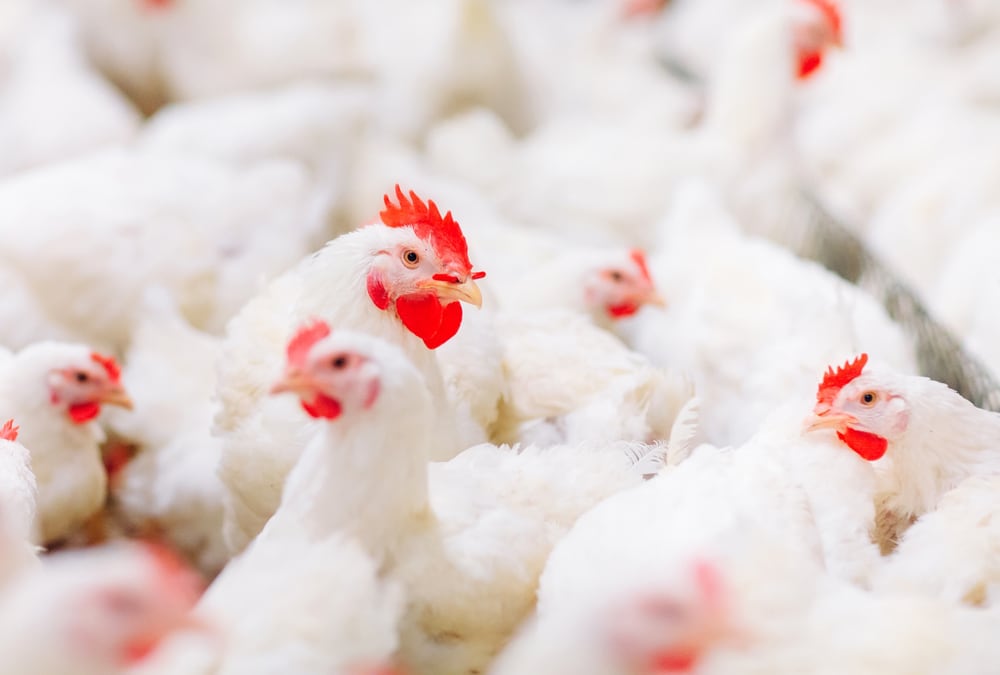
How can I lower poultry feed costs without compromising growth or yield?
By using a targeted enzyme application approach with broiler diets, poultry producers can reduce feed costs and reduce flock phosphorous and nitrogen excretion though a better understanding of the phytate and non-starch polysaccharide (NSP) composition of the diets.
Characterizing the diet’s substrate, its phytate and fibre composition, and building on the benefits of “superdosing” – the practice of using high- or “super-dose” phytase to target phytate (IP6) destruction – the maximum matrix that can be achieved with the inclusion of phytase combined with xylanase has been determined to give near complete conversion of IP6 to inositol in the bird.

How do phytase and xylanase impact poultry diets?
Matching the dose of a phytase/xylanase combination to the diet’s phytate and NSP composition can result in more consistent recovery of what would appear to be extreme matrices by current standards, however, studies have shown that this approach can lead to feed cost savings without compromising broiler growth or yield.
Additionally, the financial benefits achievable with such large matrices are proportional with the nutrient contribution applied with current enzyme applications and diet phytate and fibre content.

What impact does phytate have on poultry diets?
Phytates, and the lower phytate esters – by-products of phytate degradation by phytase – have both direct and indirect negative effects on mineral, protein and amino acid, and energy utilization by the bird.
However, using the appropriate doses of phytase, phytate and its lower esters are rapidly degraded to inositol in a broiler’s gizzard and stomach. This effect has been associated with significant improvements in feed efficiency, through an improvement in mineral and amino acid utilization and energy sparing and the provision of inositol.

Can poultry benefit from fibre in their diets?
Fibre is a major component of poultry diets. Xylanase enzymes aid in the degradation of soluble and insoluble fibre by creating smaller and more fermentable fibre fractions. These smaller fractions can be fermented in the intestinal microbiome to produce volatile fatty acids and result in the evolution of a microbial population better suited for fibre fermentation.
Furthermore, xylanase enzymes have been shown to increase retention time and promote cell wall destruction through the mechanical action of the stomach or gizzard.
The overall effect of xylanase enzymes is improved nutrient digestion, increased energy digestibility and an overall improvement in gut physiology.

What are the risks of a precision enzyme combination strategy?
Risks can be mitigated in a precision enzyme combination strategy through the use of 90 percent confidence limits and significant safety margins around matrix recommendations, the use of performance trials, and the understanding of the concentration of ingredients. The latter is made possible with real-time ingredient analysis using near-infrared spectroscopy technology.
Knowing and understanding the concentration and variability of phytate and fibre of ingredients in final broiler diet has a direct impact on the level of nutrients that can be spared.
The financial benefits achievable with a precisely-calibrated combination of an appropriate phytase and xylanase exceed those obtained with simply superdosing phytase, while at the same time the excretion of phosphorous and nitrogen is reduced.
To find out more, schedule a call or visit: https://www.abvista.com/maximum-matrix-nutrition
Latest news
Stay ahead with the latest news, ideas and events.
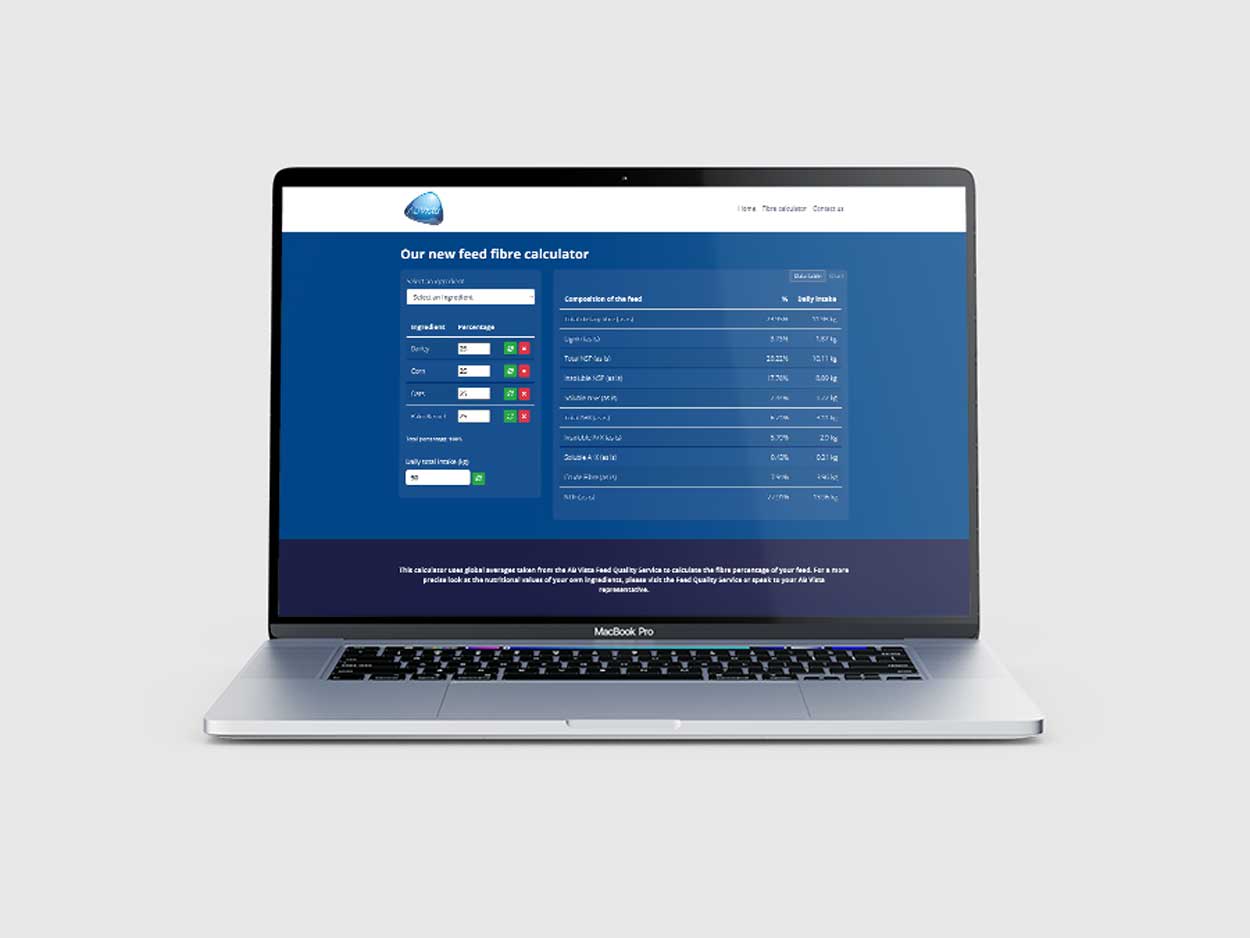
Online Feed Fibre Calculator
Calculate the percentage of dietary fibre in your feed
Our calculator is designed for nutritionists and uses averages of global raw materials to calculate the dietary fibre content (plus other more in-depth fibre parameters) of finished animal feed. These parameters are available within AB Vista’s Dietary Fibre analysis service (part of our NIR service).
Sign up for AB Vista news
A regular summary of our key stories sent straight to your inbox.
SUBSCRIBE© AB Vista. All rights reserved 2025
Website T&Cs Privacy & Cookie Policy Terms & Conditions of Sale University IDC policy Speak Up Policy








